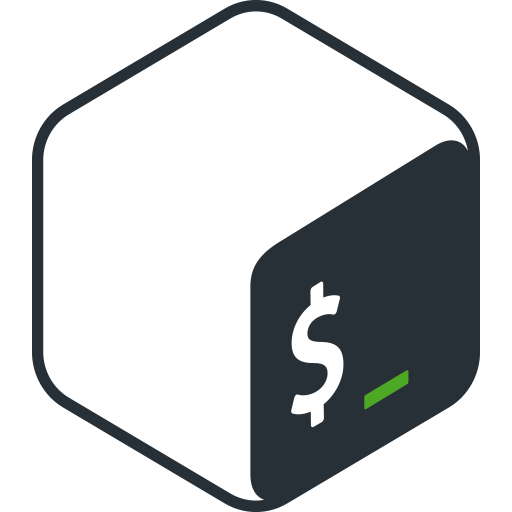Say Hello To Versions API and CLI Support!

We're proud to offer endpoints for programmatic version control! Now you can manage your project versions directly through our rdme command line interface, or RESTful requests in your application.
If you'd like to to spin up a new version in your CI pipeline for behavioral testing, you can do that too!
Command Line Interface
You can interact with the service for typical CRUD operations:
Command | Description |
|---|---|
rdme versions | Get a single version or multiple versions. |
Using the CLI should be consistent with existing interactions; just use the version command! You can find all of the flags and additional documentation for the CLI here: rdme.
rdme login;
rdme versions [--key key] [--version version];
[{ _id: '5d2e58d79f94773b91a12b66',
forked_from: '5d2d202adf89cf02e963ad0e',
createdAt: '2019-06-24T23:13:25.571Z',
is_deprecated: false,
is_hidden: false,
is_beta: true,
is_stable: true,
codename: 'My First ReadMe Version!',
version: '1.0'
}]rdme versions:create [--key key] --version=`{Version}` [--fork fork]
[--main main] [--beta beta] [--codename codename];
Version X.X.X created successfullyrdme versions:update [--key key] --version=`{Version}` [--newVersion newVersion]
[--main main] [--beta beta] [--codename codename] [--deprecated deprecated];
Version X.X.X updated successfullyrdme versions:delete [--key key] --version=`{Version}`;
Version X.X.X deleted successfullyRESTful Requests
You can additionally interact with the versions API as you would with any other traditional REST-oriented service. Be sure to include your authorization via your ReadMe project! Depending on the request, you can provide a selection of body data to create and modify your versions.
curl -X GET \
https://dash.readme.io/api/v1/version \
-u ${YOUR_TOKEN}:
curl -X GET \
https://dash.readme.io/api/v1/version/X.X.X \
-u ${YOUR_TOKEN}:curl -X POST \
https://dash.readme.io/api/v1/version \
-u ${YOUR_TOKEN}: \
-d '{
"version": "NEW_VERSION",
"from": "FORKED_VERSION",
"codename": string, //optional parameter
"is_stable": boolean, //optional parameter
"is_beta": boolean, //optional parameter
"is_hidden": boolean //optional parameter
}'curl -X PUT \
https://dash.readme.io/api/v1/version/X.X.X \
-u ${YOUR_TOKEN}: \
-d '{
"version": "UPDATED_VERSION",
"codename": string, //optional parameter
"is_stable": boolean, //optional parameter
"is_beta": boolean, //optional parameter
"is_hidden": boolean, //optional parameter
"is_deprecated": boolean, //optional parameter
}'curl -X DELETE \
https://dash.readme.io/api/v1/version/X.X.X \
-u ${YOUR_TOKEN}:Conclusion
As an API documentation platform, we at ReadMe are always excited to contribute in the public-facing service space. Programmatic version control has been a much requested feature, and we're happy to offer and support it going forward.
We'll see you at our next Changelog entry!